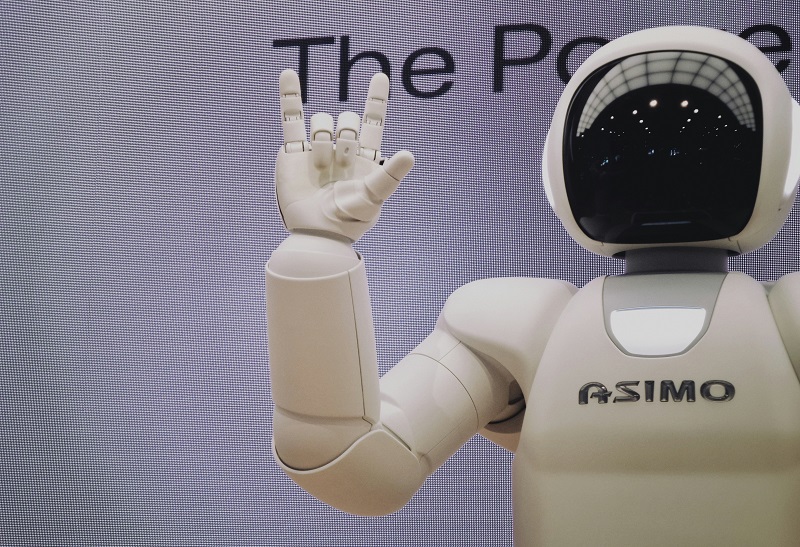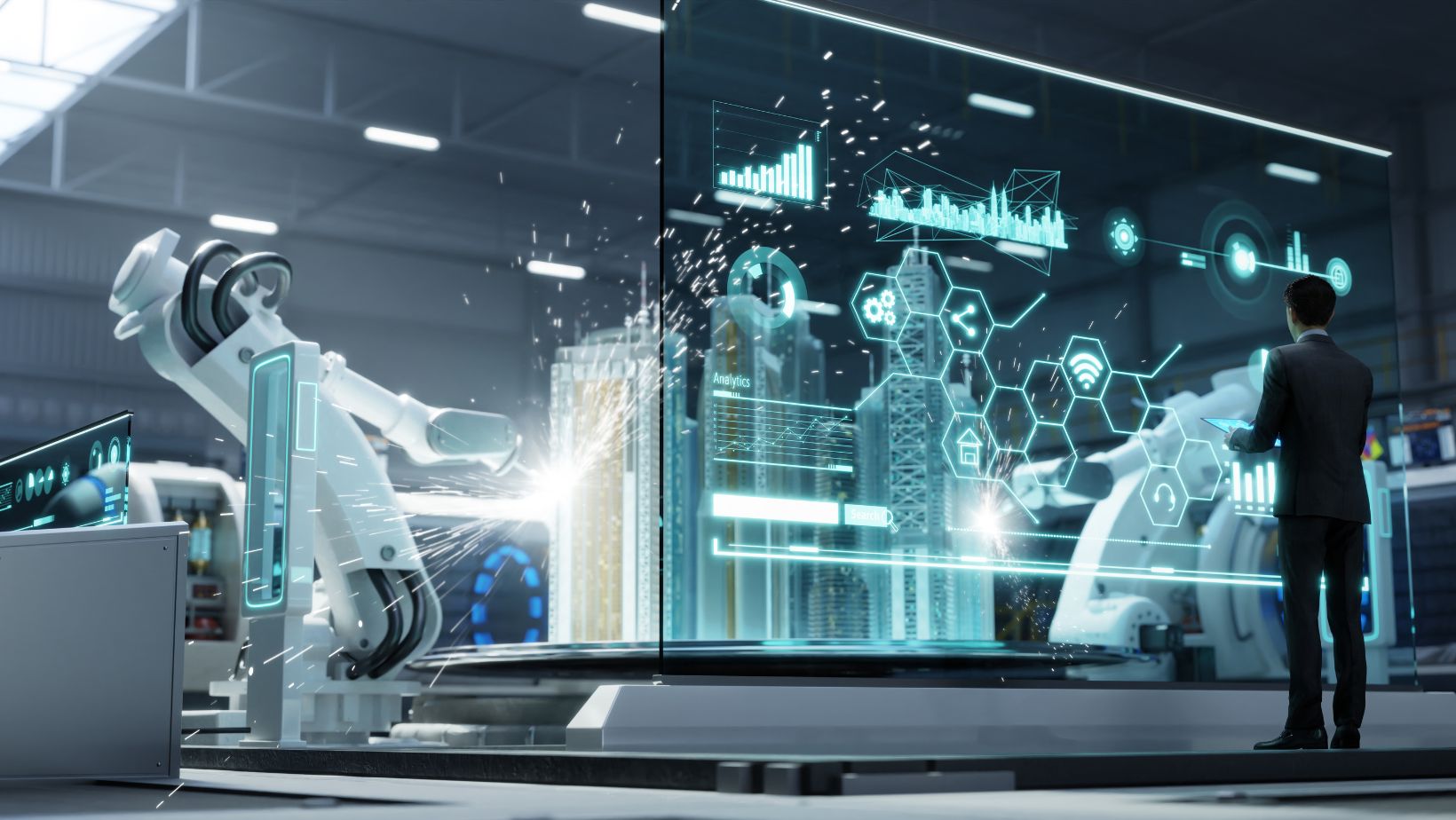
Future Trends in Automation Technology
Automation technology is revolutionizing how businesses operate, offering unprecedented efficiencies and capabilities. This exploration delves into how the integration of artificial intelligence (AI) and machine learning (ML) is not only reshaping industries but also setting the stage for future innovations. Readers will gain insights into the transformative power of these technologies across various business processes, including but not limited to finance and accounting.
The Integration of AI in Business Processes
The incorporation of artificial intelligence into business systems has moved from a speculative concept to a vital tool in just a few years. Today, industries from healthcare to retail are deploying AI to streamline complex processes, make more informed decisions, and connect with customers on a more personal level. This transformative technology is reshaping business models and operational landscapes in profound ways.
AI and Customer Interaction
Businesses are leveraging AI to transform customer interactions into more meaningful and personalized experiences. Advanced AI technologies go beyond chatbots and virtual assistants; they are now integral components of customer relationship management (CRM) systems, which use AI to analyze customer behavior, predict future buying patterns, and efficiently manage customer interactions. This level of interaction, powered by deep learning, enables businesses to deliver targeted offers and services that meet individual customer preferences, enhancing customer satisfaction and loyalty.
Moreover, AI-driven analytics tools can sift through massive amounts of feedback across multiple channels to provide businesses with actionable insights into customer sentiments and trends. These capabilities allow companies to adapt their strategies in real-time, ensuring they stay ahead in competitive markets.
Streamlining Operations with AI
In the realm of manufacturing and supply chains, AI’s role extends beyond predictive maintenance. AI systems are integrated with Internet of Things (IoT) devices to create smart factories where everything from inventory management to quality control is automated and optimized. These smart systems can adjust workflows based on real-time data, predict supply chain disruptions, and even manage energy use to reduce costs and carbon footprints.

For instance, AI in logistics can optimize routing and delivery schedules based on traffic patterns, weather conditions, and vehicle availability, dramatically improving efficiency and reducing operational costs. Specialized solutions make it easier for auto manufacturers to build and manage the architectural framework in today’s software driven vehicle.
The Role of Machine Learning in Enhancing Efficiency
Machine learning excels in environments that demand high levels of accuracy and efficiency, automating tasks that traditionally require human intervention. Its application spans across various sectors, revolutionizing how data is utilized to make business operations leaner and more adaptive.
ML in Risk Management
In finance and insurance, machine learning’s capability to handle vast datasets is not just about managing risks but also about enhancing profitability and strategic planning. ML models are now capable of identifying subtle patterns in market movements that can signal potential financial downturns or opportunities. For example, in investment banking, ML algorithms can analyze historical investment data to predict stock performance, helping advisors to craft personalized investment strategies for clients.
Furthermore, these technologies can assist in regulatory compliance, monitoring transactions that may require auditing or flagging unusual activities that could indicate fraud, thereby safeguarding both the institution and its clients.
Enhancing Accounting Automation
In the context of accounting automation, machine learning offers more than just operational efficiency; it brings about strategic transformation. Automated systems equipped with ML can handle large volumes of transactions with greater precision, ensuring that entries are both accurate and compliant with changing financial regulations. This level of automation supports financial professionals by freeing them from routine data crunching to focus on more complex financial strategy and analysis.
Future Developments in Automation Technology
As we look to the future, several emerging trends in automation technology are poised to further transform business operations. These developments promise even greater integration of AI and ML into everyday business functions.
The Rise of Autonomous Operations
The future points toward increasingly autonomous systems in industries such as transportation, logistics, and even healthcare. Self-driving vehicles and drones are already beginning to reshape logistics, offering faster and more cost-effective delivery options.
Smart Automation in Healthcare
In healthcare, automation technology is expected to make significant strides in patient care and administrative processes.

AI-powered diagnostics tools can analyze medical images with greater accuracy than ever before, while automated administrative systems can reduce paperwork and administrative overhead, allowing healthcare providers to spend more time with patients.
Conclusion
The trajectory of automation technology suggests a future where AI and machine learning not only streamline operations but also foster innovations that could redefine industry standards. From enhancing customer interactions to optimizing risk management and beyond, the potential for these technologies to drive significant change is immense. As businesses continue to adopt and integrate these tools, the landscape of industry operations will undoubtedly evolve, offering exciting possibilities and challenges alike. This journey into the future of automation technology is not just about observing change but actively participating in its creation.










